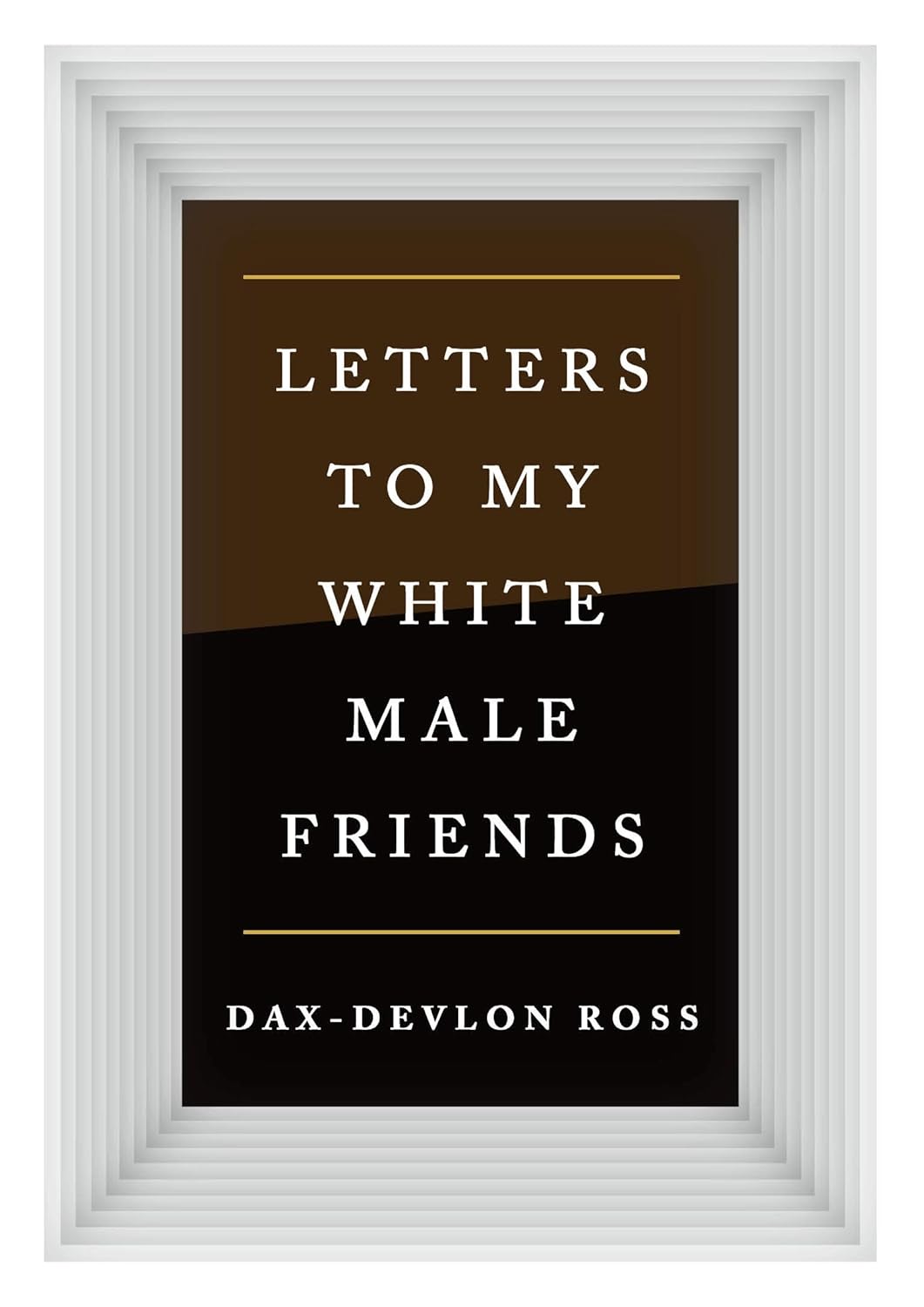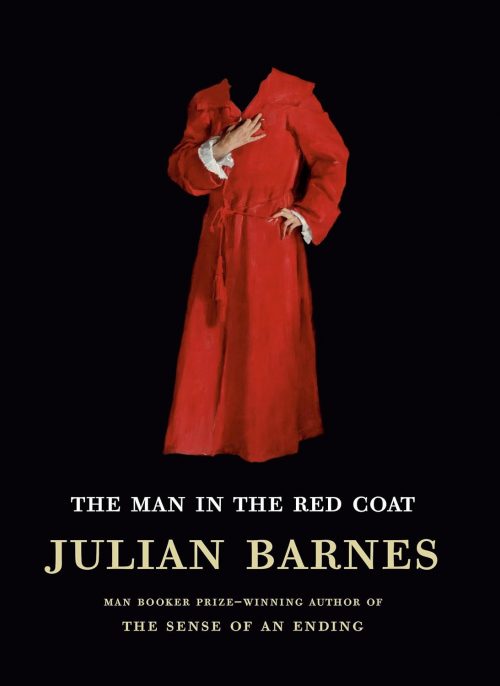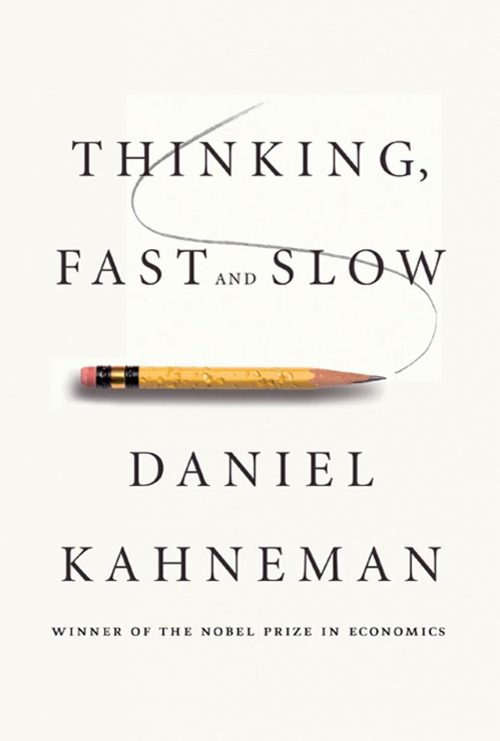Letters to My White Male Friends
In his provocative and insightful book, Letters to My White Male Friends, Dax-Devlon Ross addresses a specific and critical audience—middle-aged white men—guiding them through a personal and societal reckoning with systemic racism. This book emerges at a pivotal moment, catching the wave of racial awakening that has swept across many sectors of American society, particularly following high-profile incidents of racial injustice.
Ross’s approach, utilizing the intimate and direct format of letters, invites his readers into a reflective and impactful dialogue. He strives to educate his audience about the realities of racism, not only through the lens of its impact on Black individuals and communities but intriguingly, on how it has quietly sculpted and harmed the lives of white men themselves.
One of the key strengths of Ross’s narrative is its foundational premise that the first step toward racial justice begins with a profound self-examination and historical awareness. He argues convincingly that post-civil rights America, despite its progressive veneer, continues to educate its citizens under a “colorblind” ideology that often sidelines the realities of Black Americans and other minorities. This, according to Ross, has perpetuated an implicit preference for whiteness that even well-meaning white individuals fail to recognize.
Ross fleshes out his arguments by weaving personal anecdotes with broader historical contexts. He recounts episodes from his own life—times spent in predominantly white schools and neighborhoods—casting them against the larger backdrop of American societal norms. These personal touchpoints are not just narrative; they serve as a mirror for Ross’s readers to reflect on similar moments in their lives where racism was present yet unacknowledged by those who benefitted from its pervasive influence.
In terms of actionable insights, Letters to My White Male Friends does not shy away from proposing steps that can be taken within readers’ personal and professional lives. Ross urges a movement from passive allyship to active advocacy, pushing for a transformation that extends beyond the private into the public sphere—workplaces, communities, and beyond.
However, while Ross offers a compelling and often moving exploration of complex issues, the book’s intended audience and epistolary style might not resonate with everyone. The direct address to “white male friends” could limit its appeal or perceived relevance among broader audiences who may also benefit from his insights. Furthermore, some readers might find the solutions Ross suggests as demanding or overwhelming, reflecting the depth of systemic changes he deems necessary for real progress.
Overall, Letters to My White Male Friends is a courageous, thought-provoking book that offers a valuable perspective on racial injustice and personal responsibility. It confronts uncomfortable truths with empathy and pushes for a committed and informed response to the racial disparities that mar the nation’s declared values of equality and justice. This book is an essential read for those it directly addresses, and a revealing one for others who wish to understand the intricacies of race relations in contemporary America.









Reviews
There are no reviews yet.